Car Accidents Caused by Drunk Drivers

Drivers under the influence of alcohol or drugs cause drunk driving crashes around the Nashville area every year, injuring passengers, pedestrians, bicyclists, and other drivers on the road. In many cases, the consequences of these car crashes are often far more serious than other types of motor vehicle crashes because of the drunk driver’s inability to mitigate the impact before the crash.
Has a drunk driver injured you or a loved one? If so, contact the experts at Mitch Grissim & Associates today to schedule a free consultation regarding your claims.
Tennessee Drunk Driving Accidents
Over the last ten years, the Tennessee Department of Safety has recorded over 80,000 alcohol-related accidents caused by driving under the influence. Thousands are injured, and victims lose their lives due to the recklessness of drunk drivers in Tennessee.
These fatal crashes are usually more catastrophic because of the driver’s impaired judgment, reflexes, cognitive abilities, and overall reaction time to adjust to any situation on the road. After even just a couple of alcoholic beverages, the following faculties can be impaired while behind the wheel:
- Attention
- Concentration
- Vision
- Tracking
- Information processing
- Reaction time
- Judgment
- Motor skills
- Perception
As a result, alcohol-related traffic fatalities often happen at higher speeds and occur more often with wrong-way driving and head-on crashes. The injuries caused by these accidents can be devastating for the victims.
The Impact of Drunk Driving Crashes
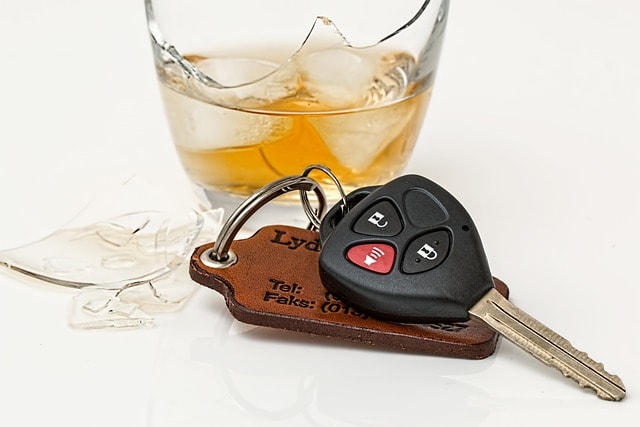
Drunk driving crashes have far-reaching consequences, affecting not only the victims and their families but also the broader community and economy.
Personal Tragedy and Loss
The most immediate and devastating impact of impaired driving is the loss of life and severe injuries. According to the National Highway Traffic Safety Administration (NHTSA), thousands of lives are lost annually in the United States due to alcohol-related crashes.
Those who survive often face life-altering injuries, including spinal cord injuries, traumatic brain injuries, and limb amputations. The emotional and psychological toll on the victims and their families is immense, with many experiencing prolonged grief and depression.
Economic Burden
The economic impact of drunk driving is also substantial. The costs associated with medical care, rehabilitation, lost productivity, and legal fees amount to billions of dollars each year. For instance, the Centers for Disease Control and Prevention (CDC) estimates that alcohol-related crashes cost the United States over $44 billion annually. This figure includes expenses related to emergency services, property damage, and the long-term care of injured individuals.
Societal Impact
Alcohol-related crashes also strain community resources, burdening law enforcement agencies and healthcare systems with the need to address the aftermath of these traffic accidents. Furthermore, the prevalence of drunk driving can undermine public confidence in highway safety, resulting in increased fear among other road users.
Legal Consequences of Drunk Driving

The legal repercussions for those caught driving under the influence (DUI) are severe and vary by jurisdiction. However, the primary objective of these laws is to deter individuals from driving while intoxicated and to hold offenders accountable.
Criminal Penalties
To drive drunk is typically classified as a criminal offense. The penalties for a DUI conviction can include:
- Fines: Those convicted of drunk driving are subject to significant monetary fines. These fines can vary widely depending on the severity of the offense and whether it is a repeat offense.
- License Suspension: Offenders often face suspension of their driver’s license, which can last from a few months to several years.
- Imprisonment: Individuals may serve jail time for more severe cases, especially those involving traffic fatalities or repeat offenses.
- Probation: Some offenders are placed on probation, during which they must comply with specific conditions, such as attending alcohol education programs and avoiding further legal trouble.
Civil Liability
In addition to criminal penalties, alcohol-impaired drivers can be held civilly liable for the damages they cause. Victims of impaired driving can file lawsuits to seek compensation for:
- Medical Expenses: This compensation includes current and future medical bills for treating injuries sustained in the accident.
- Lost Wages: Victims can claim compensation for their lost income due to their inability to work following the crash.
- Pain and Suffering: This category refers to remuneration for the physical pain and emotional distress caused by alcohol-related crashes.
- Property Damage: Victims can also seek reimbursement for damage to their vehicle and other property.
Ignition Interlock Devices
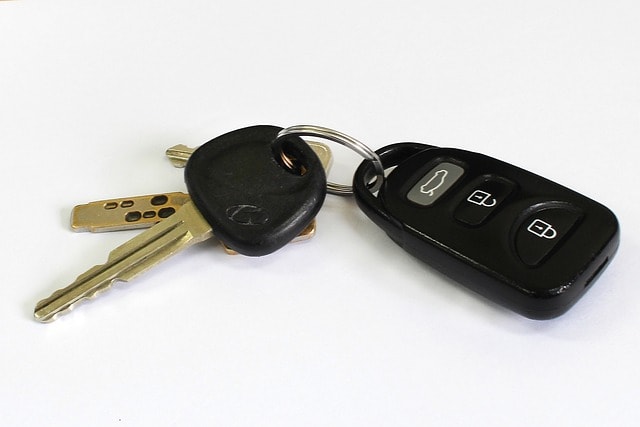
Many jurisdictions require DUI offenders to install impaired driving prevention technology, such as ignition interlock devices (IIDs) in their vehicles. These devices prevent the vehicle from starting if the driver has a measurable amount of blood alcohol concentration in their system. IIDs are an effective tool in reducing repeat offenses, as they physically prevent intoxicated individuals from impaired driving.
Measures to Prevent Drunk Driving
Drunk driving prevention requires a multifaceted approach involving law enforcement, public education, and community involvement.
Strict Law Enforcement
Robust enforcement of DUI laws is key in deterring impaired driving. Law enforcement agencies use various methods to identify and apprehend drunk drivers, including:
- Sobriety Checkpoints: These are designated locations where officers check drivers for signs of intoxication. Sobriety checkpoints are an effective deterrent and help remove alcohol-impaired drivers from the road.
- Increased Patrols: During peak times for impaired driving, such as weekends and holidays, police departments often increase patrols to monitor for intoxicated drivers.
Public Education Campaigns
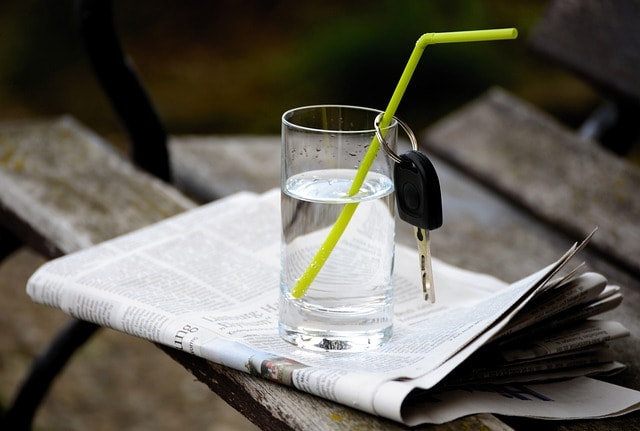
Public education campaigns play a pivotal role in changing attitudes towards impaired driving. These campaigns aim to raise awareness about the dangers of drunk driving and promote responsible behavior. Effective campaigns encompass:
- Media Advertising: Television, radio, and online ads highlight the risks and consequences of drunk driving.
- School Programs: Educational programs in schools teach young people about the harms of alcohol impairment and the importance of making safe choices.
- Community Outreach: Engaging with community groups, workplaces, and local organizations helps spread the message and encourages collective responsibility to eliminate drunk driving.
Responsible Beverage Service Programs
Responsible beverage service programs train servers and bartenders to recognize and manage intoxicated patrons. These programs include:
- Identification Checking: Ensuring that patrons fulfill minimum drinking age laws is a fundamental step in preventing alcohol-impaired driving fatalities.
- Monitoring Consumption: Training staff to identify signs of intoxication and refusing service to those who appear overly intoxicated.
- Providing Alternatives: Public and private organizations encourage establishments to offer non-alcoholic beverages and promote safe transportation options, such as partnerships with ride-sharing services.
Technological Innovations
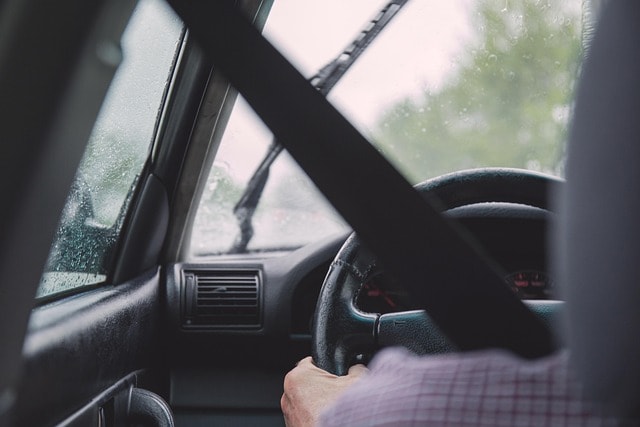
Advances in impaired driving prevention technology offer new tools in the fight against drunk driving. For instance:
- Alcohol Detection Systems: Future vehicles may come equipped with advanced alcohol detection systems that prevent the car from starting if the driver’s blood alcohol concentration is above the legal limit.
- Ride-Sharing Apps: The rise of ride-sharing services has provided a convenient and safe alternative to driving under the influence. Promoting the use of these services can noticeably reduce drunk driving fatalities.
- Mobile Apps: Several mobile apps now help individuals track their alcohol consumption. These apps can encourage responsible drinking and help users make informed decisions about driving.
The Role of Legislation in Combating Drunk Driving
Legislation also plays a crucial role in reducing alcohol-related traffic fatalities. Effective laws and policies can deter offenders while holding them responsible for their actions.
Zero Tolerance Laws
Zero tolerance laws prohibit any measurable amount of alcohol in the system of drivers under the legal drinking age. These laws aim to prevent underage drinking and driving by imposing strict penalties for any level of intoxication.
Enhanced Penalties for Repeat Offenders
Repeat offenders pose a significant risk on the roads. Enhanced penalties for those with multiple DUI convictions can include longer license suspensions, mandatory alcohol treatment programs, and increased jail time. Implementing these penalties can help deter repeat offenses and protect public safety.
Mandatory Alcohol Education and Treatment Programs
Mandatory alcohol education and treatment programs can be an effective tool in addressing the causes of drunk driving fatalities. Offenders may be required to attend these programs as part of their sentence. These programs focus on educating individuals about the dangers of alcohol abuse and providing strategies for responsible drinking.
Injuries Caused by Drunk Drivers
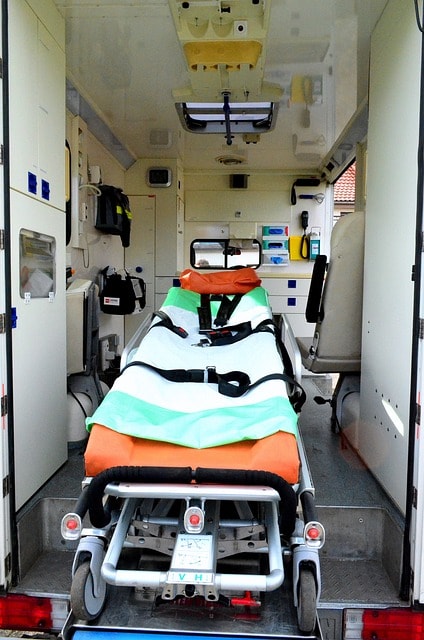
We can’t overstate the seriousness of the injuries caused by alcohol-impaired drivers. In many cases, these crashes result in permanent injuries and disabilities that can last a lifetime. In the worst cases, victims die as a result of a driver’s negligent and reckless actions while drunk. Some of the most common injuries seen in drunk driving collisions include the following:
- Head and skull injuries
- Broken bones
- Nerve damage
- Burns
- Internal bleeding and organ damage
- Spinal cord injuries
You need an experienced attorney who will fight for the full compensation you deserve after an accident involving a drunk driver.
Supporting Victims of Drunk Driving Accidents
Victims of traffic crashes involving drunk drivers require comprehensive support to recover from their injuries and rebuild their lives. This support includes medical care, legal assistance, and emotional support.
Medical Care
Timely and appropriate medical care is important for the recovery of accident victims, incorporating:
- Immediate treatment of life-threatening injuries, such as surgeries and intensive care.
- Ongoing physical therapy to help victims regain mobility.
- Counseling to address the emotional trauma associated with the accident.
Legal Assistance
Navigating the legal complexities of a drunk driving collision can be overwhelming for victims. However, you can get legal assistance through:
- Personal Injury Attorneys: These specialized attorneys can help victims pursue compensation for their injuries and losses. They handle negotiations with insurance companies and represent victims in court if necessary.
- Victim Advocacy Programs: Many communities have victim advocacy programs that provide support and resources to those affected by drunk driving collisions. These programs can provide legal advice and financial assistance.
Emotional Support

The emotional impact of a drunk driving crash can be profound and long-lasting. To counter this impact:
- Joining support groups allows victims to connect with others who have experienced similar traumas. Sharing experiences and receiving peer support can be therapeutic.
- Professional counseling can help victims process their emotions and develop coping strategies. Therapists can provide individual or family therapy sessions to address the psychological impact of the accident.
- Many communities offer resources such as crisis intervention services and support networks for victims of drunk driving collisions.
Compensation for Drunk Driving Crashes
Victims of drunk driving car crashes are entitled to economic and noneconomic damages from the driver at fault. Economic damages include medical bills, wage loss, property damage, and future income and benefits loss. Noneconomic damages cover the victim’s pain and suffering, emotional distress, disfigurement, disability, and loss of enjoyment of life.
In the worst cases, the families of victims who die in drunk driving crashes can also seek wrongful death damages for all final medical bills, funeral and burial costs, and for the loss of love, guidance, companionship, and counsel of the deceased. To learn more about what your claims might be worth, talk to our office now.
Contact Us Today for Help

If you or a loved one has been injured in a drunk driving accident, contact Mitch Grissim & Associates today to schedule a free consultation of your legal claims.
Resources
What You Should Know About Motorcycle Rollover Accidents

